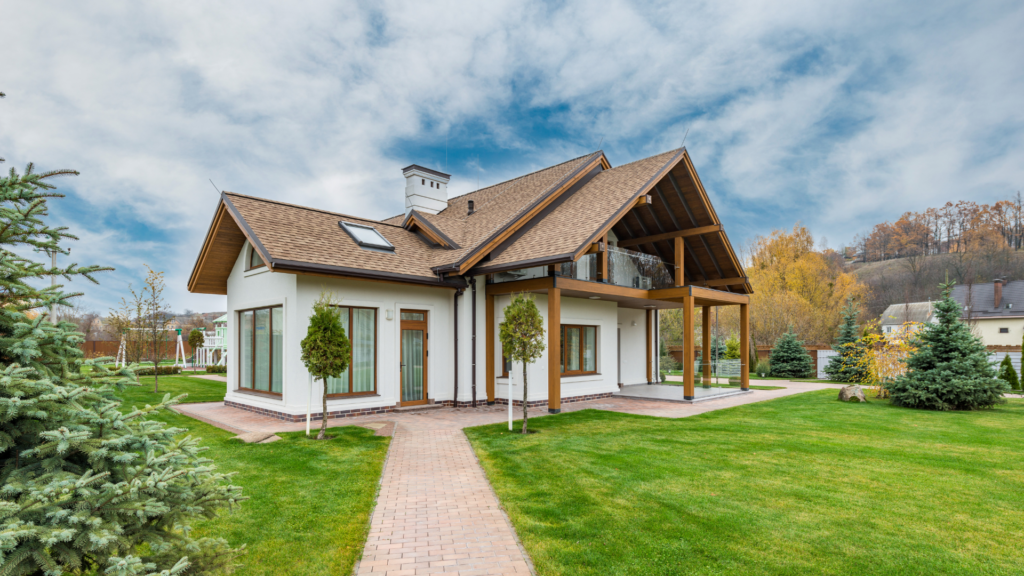Call us now:
Land disputes in Nha Trang, Vietnam are a common and complex form of dispute. Properly identifying the type of dispute is of significant importance in order to accurately assess whether the parties have the right to file a civil lawsuit in court, which court has jurisdiction to resolve the dispute, and subsequently determine the sequence, procedures, and methods for dispute resolution. Disputes related to land use rights and housing ownership rights encompass four types.

Disputes over determining who is the owner of the land in Vietnam
In essence, when resolving these disputes, the court must determine who has the right to use the land and ownership rights to the property. Common disputes in this category often involve disputes over land boundaries, access paths, disputes between the actual land users and individuals who have registered land, cases where government authorities issue land usage certificates with overlapping areas, situations where land users have been issued land usage certificates but the previous landowner demands the land back, or cases where the previous landowner has been issued land usage certificates but the current land user believes that the issuance of these certificates was incorrect.
In these types of disputes, the court will examine whether the procedures and documentation related to land, such as land usage certificates, were issued correctly to the land users. It also considers whether there have been transfers of land over different periods.
For example, if Mr. A is the land user who has been issued a land usage certificate but has allowed Mr. B to reside on the land. After some time, Mr. A wishes to reclaim the land for personal use, but Mr. B refuses to vacate the property, claiming that Mr. A has given them the right to use the land. Mr. A can initiate legal proceedings in the relevant People’s Court to request that Mr. B return the land to them.
Disputes over inheritance of land in Vietnam
Typically, these are disputes related to the division of inherited property. The parties involved in such disputes often have familial, blood, or nurturing relationships with each other. The essence of this type of dispute is the inheritance of property left by the deceased, including land and assets attached to the land, and the court must determine boundaries for the division of real estate. When faced with such disputes, important considerations include the statute of limitations for filing a lawsuit, the legality of a will (if the deceased had one), the heirs, the identification of the inherited property, and the determination of the rightful heirs.
For example, Mr. C passed away without leaving a will. During his lifetime, Mr. C and his wife jointly owned a piece of land. After Mr. C’s death, his wife and children could not agree on the division of the inherited property, so they initiated a lawsuit to request the court’s assistance in dividing the inherited property.
Disputes regarding the division of marital common property, which includes land, in Vietnam
The essence of this type of dispute is the contention over the division of common property between spouses during their marriage or when divorcing, or after a divorce when the common property includes land and housing attached to the land. When resolving such disputes, the court will consider the legal status of the relationship between the disputing parties, the origin of the property, whether there are any assets related to third parties, and other relevant factors.
For example, Mr. D and Mrs. E are legally married and have registered their marriage. During their marriage, they acquired a piece of land and a house. Subsequently, Mr. D and Mrs. E got divorced. However, Mr. D claims that the funds used to purchase the land came from his own separate property acquired before marriage, so he refuses to divide it equally with Mrs. E. Mrs. E initiates divorce proceedings and requests the court to resolve the division of the marital common property after divorce.

Disputes related to real estate transactions
Real estate transactions encompass various activities such as transfers, conversions, leasing, subleasing, mortgages, guarantees, capital contributions, and more.
The nature of disputes in these cases revolves around civil contracts in which the subject matter of the contract is land and housing attached to the land. These disputes may involve demands for contract performance, recognition of the contract’s validity, declaration of contract nullity, requests for contract termination, and compensation for damages.
For example, G and H entered into a contract for the transfer of land, and G had already paid the full amount to H. However, subsequently, the land prices increased significantly, and H refused to sell the property to G. G initiated a lawsuit against H in the competent People’s Court to compel H to fulfill the contract as agreed.
Lawyers specialized in resolving land disputes in Nha Trang, Vietnam
With a team of lawyers with many years of experience in the field of land and resolving land disputes for foreigners in Nha Trang, Vietnam, we provide you and your family with legal solutions to address issues related to land and property attached to land, such as the following:
– Legal consultation regarding land, inheritance, common property, and separate property of spouses.
– Drafting contracts, wills, and inheritance division agreements.
– Assisting with notarization procedures and property title transfers.
– Legal consultation for resolving land disputes.
– Drafting legal complaints, appeals, and submitting them to the competent People’s Court.
– Representing clients by power of attorney in litigation proceedings at various levels of the People’s Court to resolve land disputes.
– Appointing lawyers to protect the legal rights and interests of clients in People’s Courts at all levels.
Contact Us Now:
DCNH LAW
Address: 38B Tran Nhat Duat, Phuoc Hoa ward, Nha Trang city, Khanh Hoa province, Vietnam.
Phone: (+84) 343320223 – 974278893
Email: dcnh.law@gmail.com




